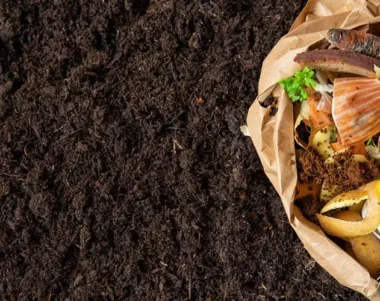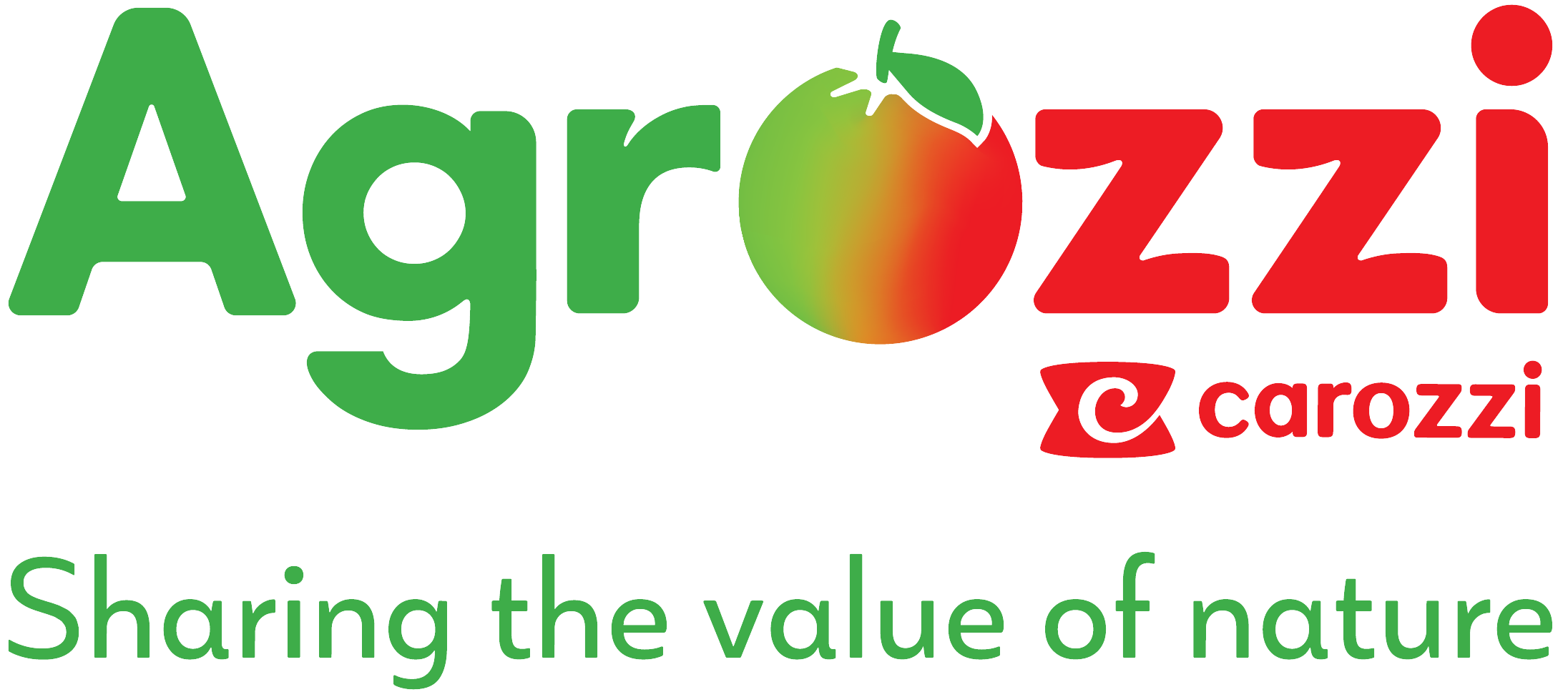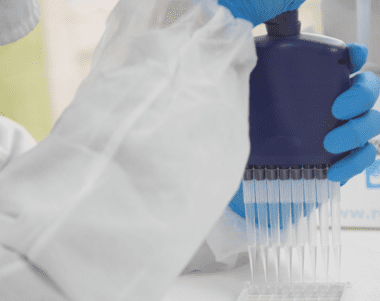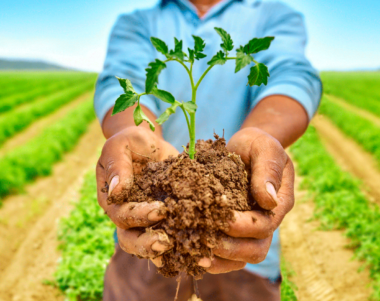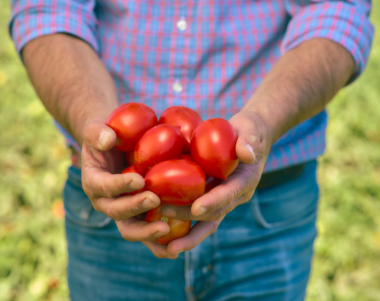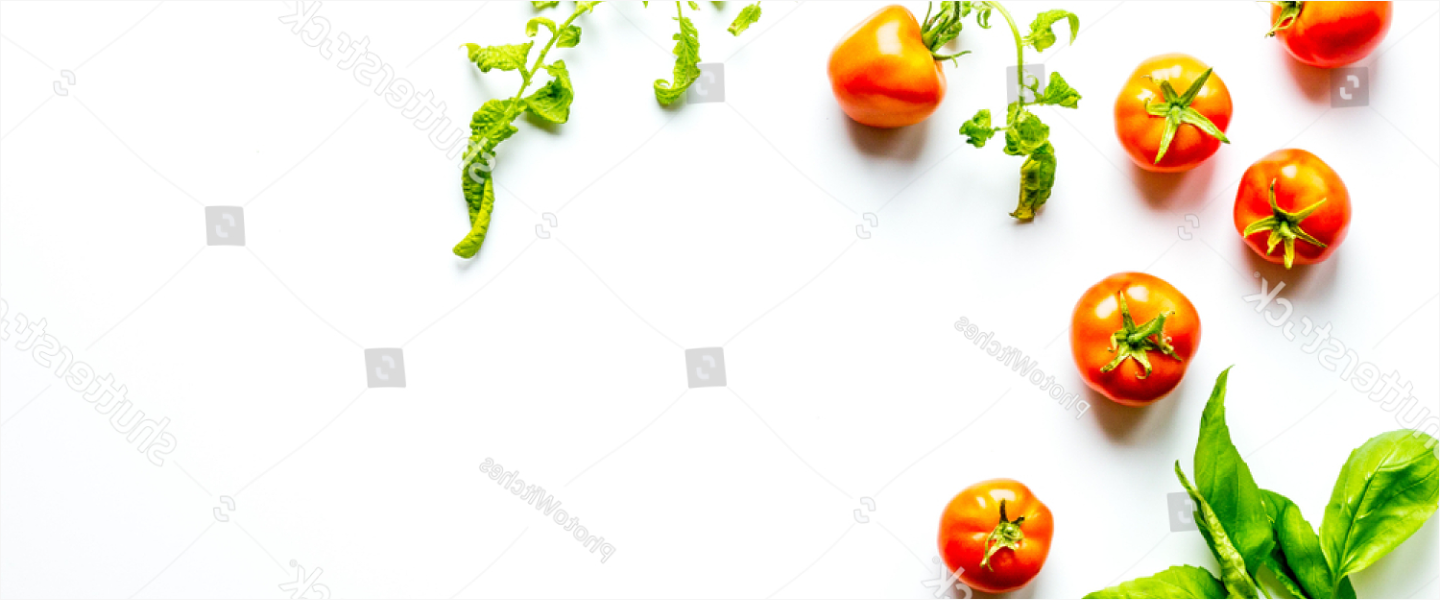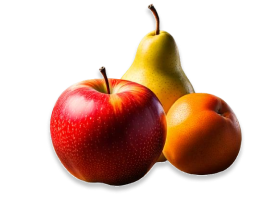Carozzi held its annual meeting on Tuesday to kick off the 2023-2024 Tomato Season, promoting sustainable initiatives for Chilean agriculture alongside over 170 farmers from the central-southern region of the country. Local authorities and an expert in sustainable agriculture and climate change joined the event, discussing the challenges and opportunities of tomato cultivation.
The meeting took place at Carozzi’s Agroindustrial Division plant in Teno, Maule Region, and featured the participation of the mayor of the commune, Sandra Améstica. Attendees also had the opportunity to listen to the technical talk by Agricultural Engineer and Ph.D. Iván Vidal, who provided insights into the advantages and benefits of fertigation for industrial tomatoes, among other topics.
“Being present today, providing stability and prospects for Chilean tomatoes, is thanks to the collaborative work we’ve been doing for over 30 years with our strategic partners – our farmers. Discussing topics related to sustainability is our desire for our fields to grow and project into the future, caring for our impacts, measuring our footprint, and bringing the best practices, certifications, and work models from around the world to agriculture,” stated Juan Luis Ibarra, Carozzi’s International Business Manager.
Furthermore, Mayor Sandra Améstica expressed her satisfaction with the event, stating, “This is an excellent experience for the farmers. I am happy that we are gathered, especially after facing challenging situations such as droughts and rains. Carozzi’s training prepares them year after year for their harvests, allowing them to learn more about their agriculture, especially tomatoes, and preparing them for the future.”
During the meeting, Carozzi recognized 17 farmers for their efforts, commitment, and excellent productivity in tomato cultivation. Additionally, acknowledgment was given for the swift adoption of technologies to promote sustainability and productivity in the field.
Hernán Jorquera, a tomato farmer from the area and one of the recognized individuals, expressed, “It is a great pride to be recognized not only for the effort throughout the year but also for doing what I love. Being gathered today among farmers is a very good initiative that Carozzi has, as we can see that we share the same needs, and I believe that together, we can do something for climate change.”
Carozzi collaborates with over 3,000 farmers representing more than 63,000 hectares of planted fruits, vegetables, grains, and cereals across the Coquimbo and La Araucanía regions. Through Agrozzi, they process over 800,000 tons of fruits and vegetables destined for more than 50 countries on five continents. The company purchases 34% of the annual tomato production in Chile and processes over 400,000 tons of this crop.
In line with its Sustainability Strategy, Carozzi has the “Crecer Juntos” program, promoting a “Sharing Makes Good” concept, allowing farmers to access a competitive commercial scale, improve productivity and competitiveness, and engage in environmentally friendly practices. The program encourages the contract farming model and includes the “price discovery model,” providing greater transparency in the commercialization process and more certainty when defining the planting plan.
Another example encompassing the Sustainability Strategy is the support for optimizing water efficiency in irrigation. Carozzi aids tomato farmers in the design, implementation, financing, and training of precision irrigation, which is 95% more efficient than traditional irrigation. Today, nearly 90% of the 4,000 hectares of tomato cultivation use precision irrigation, increasing yields from 65 to 95 tons per hectare on average, enhancing productivity and competitiveness.
Furthermore, the company is actively promoting fertigation and the automation of this process, implementing new tools and technologies. This initiative has led to 90% of its farmers’ tomato hectares being cultivated using drip irrigation.
